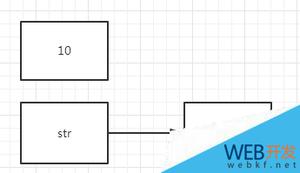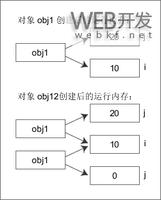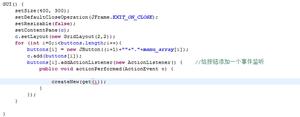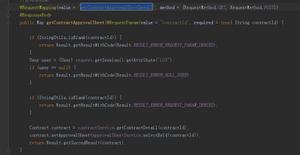我们可以在Java中将构造函数声明为final吗?
甲构造用于创建时初始化对象。从语法上讲,它类似于一种方法。区别在于,构造函数与其类具有相同的名称,并且没有返回类型。
无需显式调用构造函数,这些构造函数会在实例化时自动调用。
示例
public class Example { public Example(){
System.out.println("This is the constructor of the class example");
}
public static void main(String args[]) {
Example obj = new Example();
}
}
输出结果
This is the constructor of the class example
最终方法
每当将方法定型为最终方法时,都无法覆盖它。也就是说,您不能从子类提供对超类的final方法的实现。
即,使方法成为最终方法的目的是防止从外部(子类)修改方法。
示例
在下面的Java程序中,我们试图覆盖final方法。
class SuperClass{ final public void display() {
System.out.println("This is a method of the superclass");
}
}
public class SubClass extends SuperClass{
final public void display() {
System.out.println("This is a method of the superclass");
}
}
编译时错误
编译时,上面的程序生成以下错误。
SubClass.java:10: error: display() in SubClass cannot override display() in SuperClassfinal public void display() {
^
overridden method is final
1 error
将构造函数声明为final
在继承中,只要您扩展类。子类继承除构造函数之外的所有超类成员。
换句话说,构造函数不能在Java中继承,因此,您不能覆盖构造函数。
因此,在构造函数之前编写final毫无意义。因此,java不允许在构造函数之前使用final关键字。
如果尝试这样做,则使构造函数为final会生成一个编译时错误,提示“此处不允许使用修饰符final”。
示例
在下面的Java程序中,Student类具有一个最终的构造函数。
public class Student { public final String name;
public final int age;
public final Student(){
this.name = "Raju";
this.age = 20;
}
public void display(){
System.out.println("Name of the Student: "+this.name );
System.out.println("Age of the Student: "+this.age );
}
public static void main(String args[]) {
new Student().display();
}
}
编译时错误
编译时,上面的程序生成以下错误。
输出结果
Student.java:6: error: modifier final not allowed herepublic final Student(){
^
1 error
以上是 我们可以在Java中将构造函数声明为final吗? 的全部内容, 来源链接: utcz.com/z/338585.html









